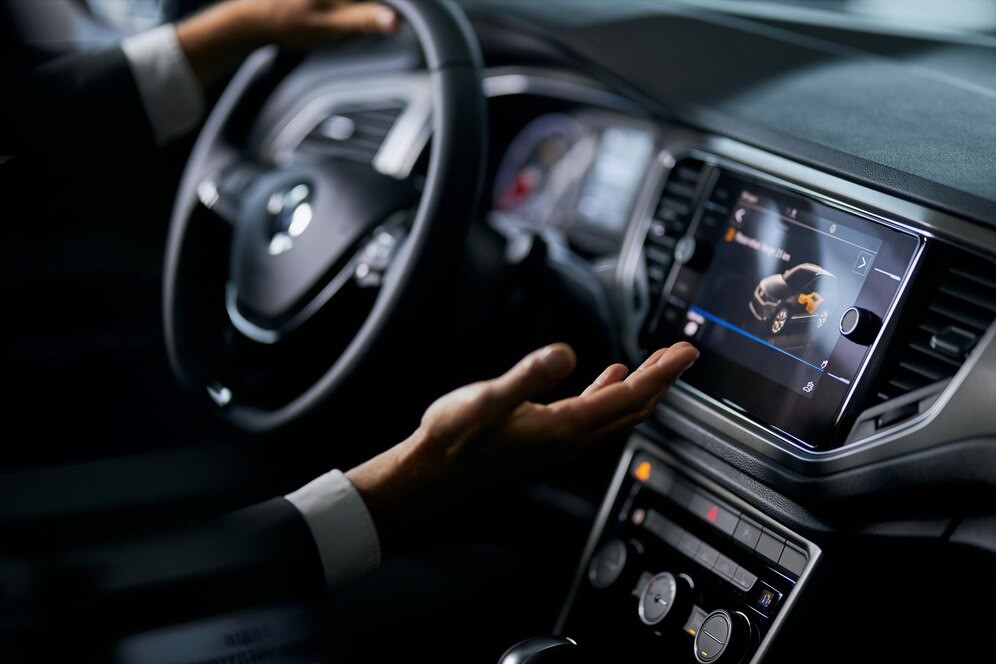
We’ve all seen the campaigns – don’t text and drive! But distracted driving goes beyond just fiddling with your phone. Even a minor distraction can lead to catastrophic accidents.
Distracted driving is one of the most common causes of auto accidents. The victims can recover their losses by filing a claim with the help of car accident lawyers.
This article discusses a type of distraction that is a little trickier to spot: cognitive distractions.
Think of cognitive distractions as anything that takes your mind off the road. It’s not texting, eating, or messing with the radio (though those can be cognitive distractions too). It’s getting lost in thought, daydreaming, or letting strong emotions cloud your judgment.
Here’s why cognitive distractions are such a worry:
- Reduced Reaction Time: When your mind is elsewhere, it takes longer to react to what’s happening on the road. That split second you save by not checking your phone could be the difference between avoiding an accident and causing one.
- Poor Decision Making: Imagine you’re stressed about work, replaying an argument in your head. Are you really paying attention to the speed limit or that yellow light turning red? Cognitive distractions can lead to risky maneuvers and bad choices behind the wheel.
- Tunnel Vision: Ever driven somewhere and barely remember the trip? That’s tunnel vision, a common effect of cognitive distractions. You’re focused on your thoughts, not the bigger picture of the road and potential hazards.
The scary part? Many drivers underestimate the danger. We might think, “I can handle multitasking,” but the brain can’t truly focus on two demanding tasks at once. When you’re mentally distracted, your driving suffers.
Common Types of Cognitive Distractions
- Daydreaming and Lost in Thought: It’s easy to get caught up in your own head while driving, especially on familiar routes. This can be dangerous as you’re essentially driving on autopilot, missing crucial information.
- Emotional Upset: Strong emotions like anger, frustration, or sadness can cloud your judgment and make it harder to focus on the road.
- Multitasking: Our brains aren’t wired to multitask effectively. Trying to think about one thing while driving (like an upcoming meeting) takes away from your ability to focus on the road.
- Fatigued Driving: Drowsiness is a major cognitive distraction. When you’re tired, your reaction time slows down, and your ability to concentrate diminishes.
How Can You Stay Focused on the Road?

Here are some simple ways to stay focused and avoid cognitive distractions behind the wheel:
- Get Enough Sleep: Fatigue is a major culprit. Aim for 7-8 hours of sleep each night to be alert and focused on the road.
- Manage Stress: Feeling stressed or overwhelmed can easily distract you. Practice relaxation techniques like deep breathing before getting behind the wheel.
- Put Away the Phone: It’s not just texting silence your phone completely to avoid any temptation to check messages or notifications.
- Minimize Distractions in the Car: Loud music, heated arguments with passengers, or dealing with unruly children can all take your focus away from driving.
- Plan Your Route in Advance: Familiarize yourself with the route to avoid last-minute fumbling with the map or navigation system.
- Take Breaks on Long Drives: Every few hours, pull over and stretch your legs. This can help you refocus and avoid drowsy driving.
Final Thoughts
Your safety, and the safety of others on the road, depend on your focus. If a cognitive distraction ever causes you to lose control and get into an accident, car accident lawyers can help you navigate the legal process and recover compensation for your injuries.
But the best outcome is to avoid an accident altogether. By being aware of cognitive distractions and taking steps to stay focused, you can ensure a safe and smooth journey.



Facebook Comments